Why does food rot? Have you ever noticed that if you leave an apple (or any fruit ) for too long, it starts to rot or decay? This can lead to a lot of food waste, so it's important to understand how to store food items so they last as long as possible.
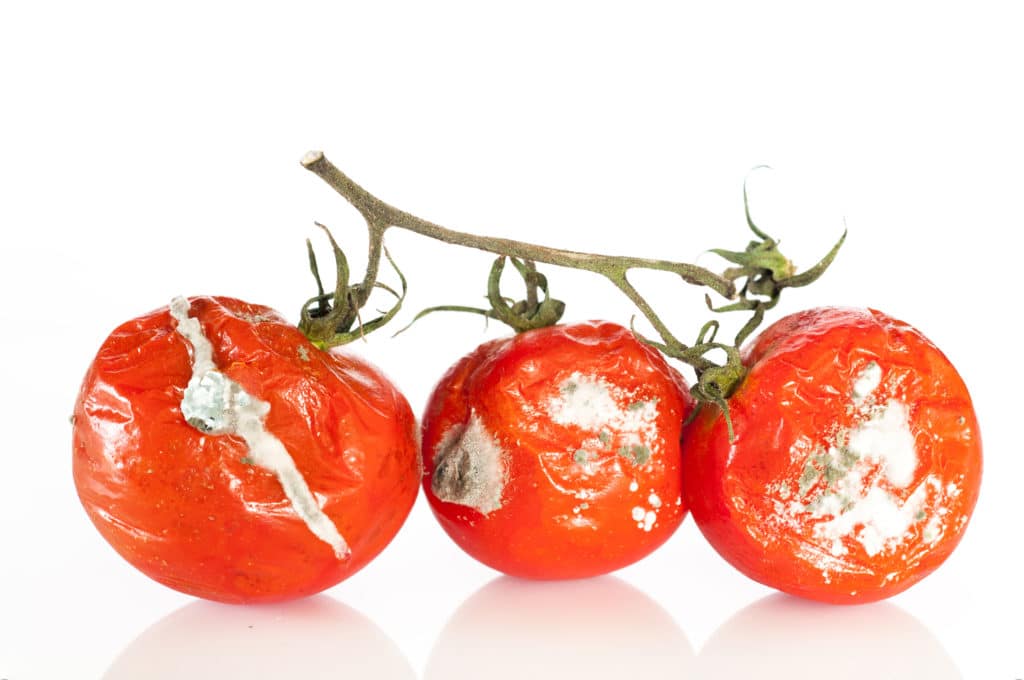
Why does food rot?
Food rots because micro-organisms such as bacteria, yeasts and fungi feed on the fruit and break it down. Have you also noticed that keeping fruit and vegetables in a fridge makes them last longer? This is because the cold slows down the growth and reproduction of microorganisms, slowing their decay.
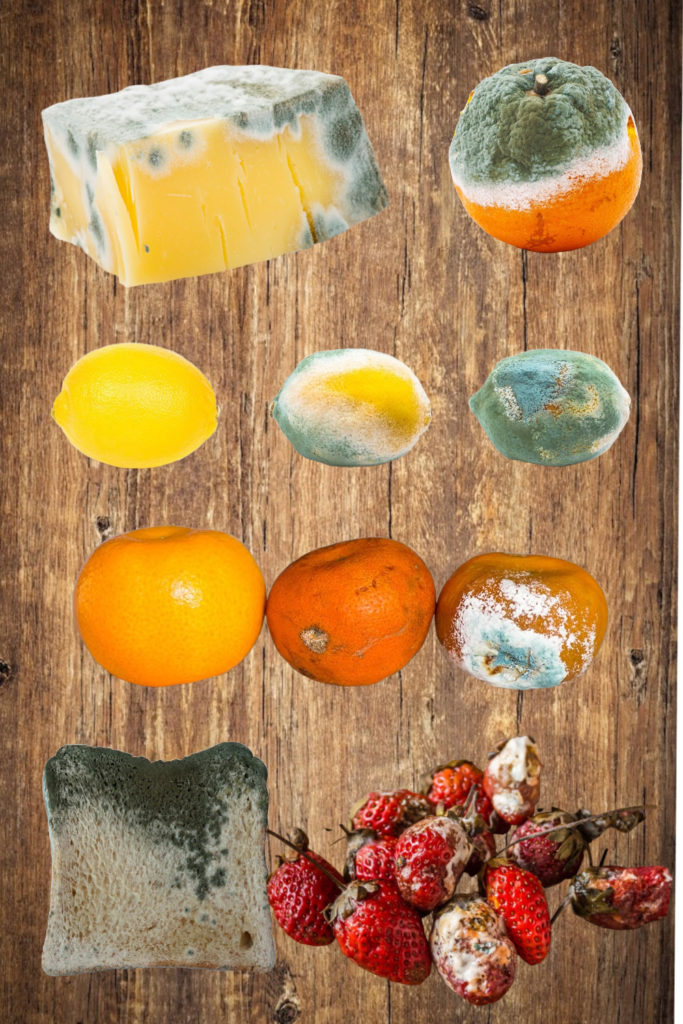
How to preserve apples
This simple science activity investigates ways to stop apples from spoiling without a fridge!
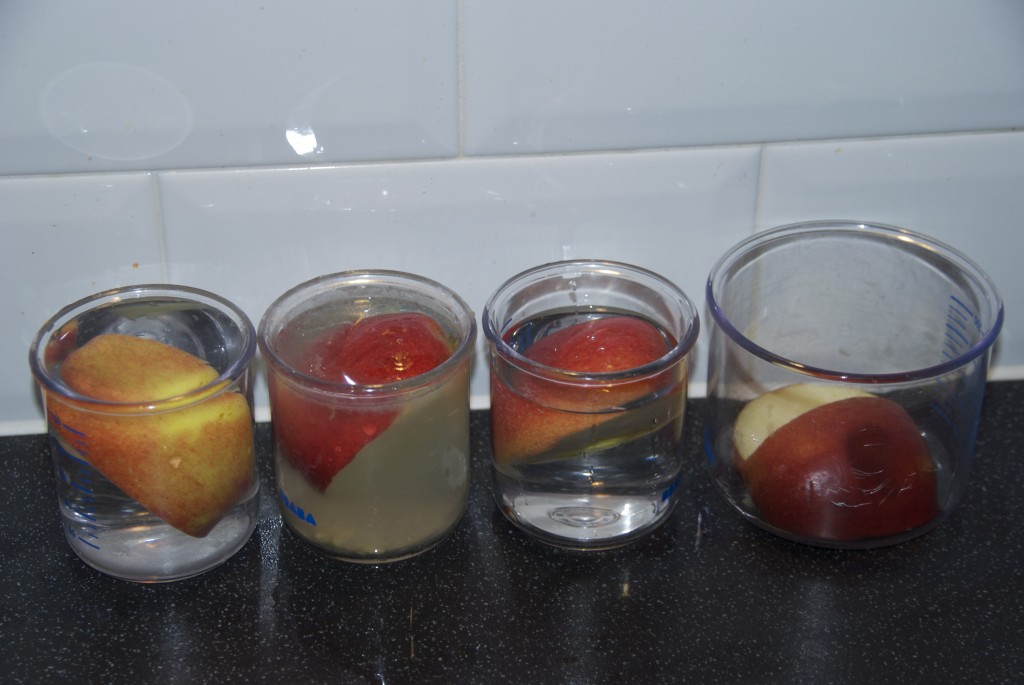
What you need for an apple rotting experiment
- One apple
- 4 containers
- lemon juice
- vinegar
- salt water ( 1 tablespoon salt dissolved in hot water )
Apple rotting investigation instructions
- Cut the apple into 4 even pieces.
- Place a segment of apple into each container.
- Cover each apple with the same amount of either lemon juice, vinegar or salt water. Leave one just exposed to the air ( this is the control ).
- Leave untouched for about a week in a cool place and observe the differences.
Apple rotting investigation results
Control Apple - you can see this has started to shrivel up, but there is not much evidence of mould.
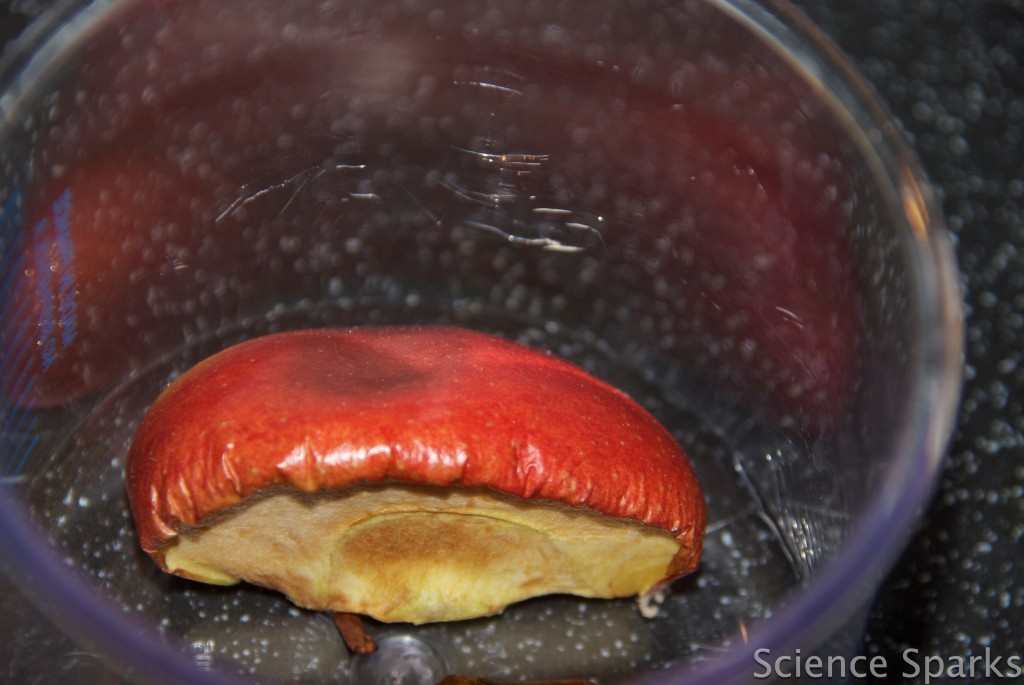
Apples preserved with salt and vinegar ( vinegar is at the front )
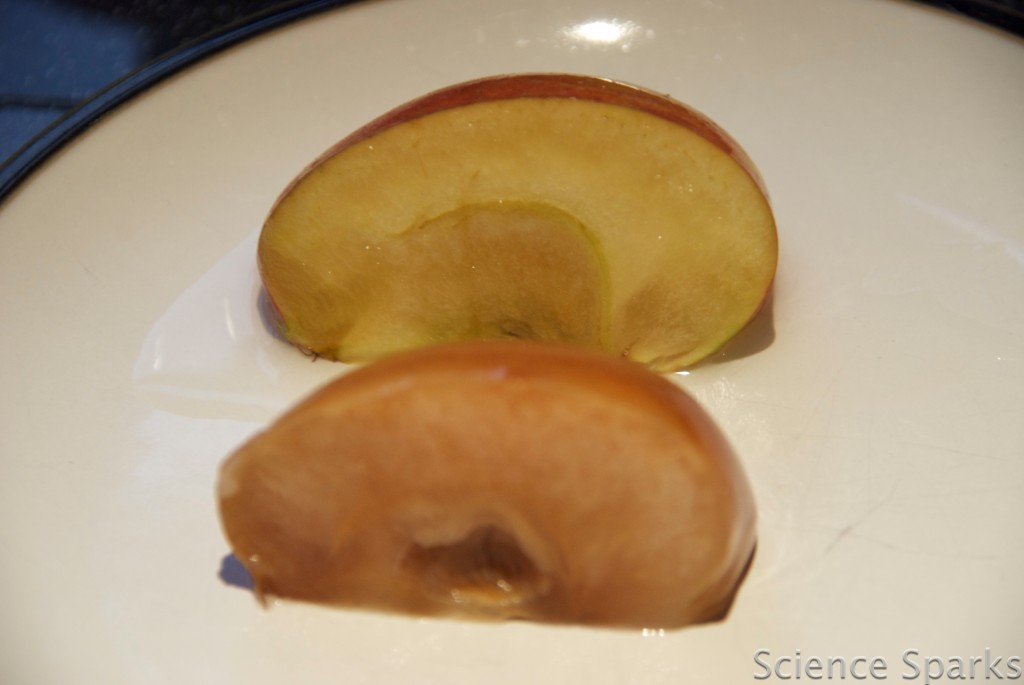
Apples preserved with lemon juice
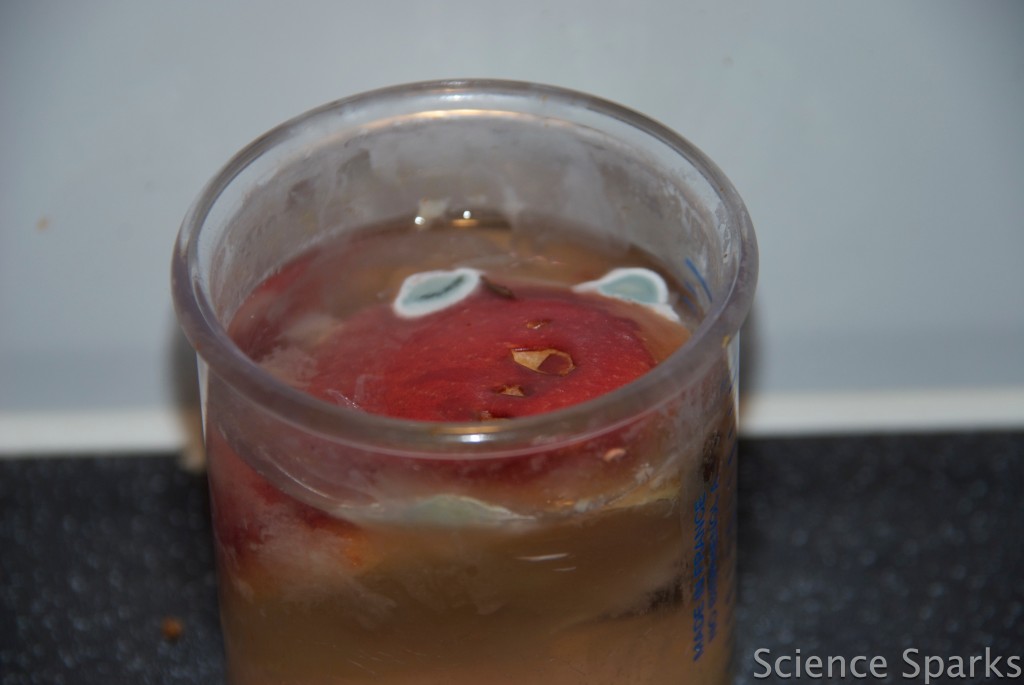
How can you stop food from rotting?
There are many mechanisms for preserving food. All slow or stop the activity of micro-organisms which make the food decay.
As well as refrigeration, you can freeze, can or pickle foods to preserve them.
You can see from the photos that in our investigation, the apple segment in the salt is the best preserved. This is because salt draws the moisture out of the food, so the micro-organisms do not thrive and cannot reproduce as fast as they can in other conditions.
The vinegar did prevent mould growth. This is because vinegar has anti-microbial properties. It inhibits or kills the microorganisms that lead to mould on the surface.
You can see that the lemon juice shows evidence of mould. This could be because the micro-organisms have flourished in the sugary environment.
More food preservation ideas
Can you think of other things to try? What about bicarbonate of soda? Or other fruits?
The Free Range Life has some great ideas for preserving peppers you could test too!
More kitchen science experiments for kids
These egg experiments are fantastic fun!
Find out how to transform egg white into beautiful meringue!
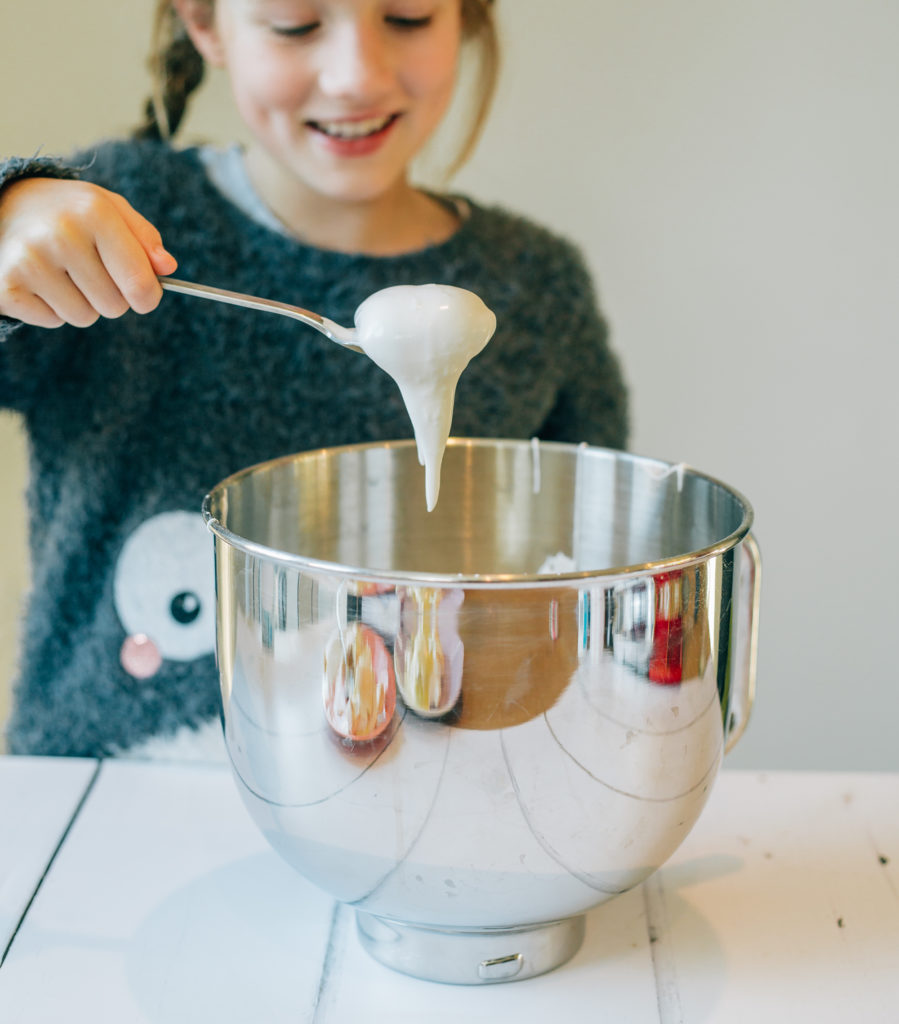
Make your own rock candy!
Or, go all out and have a Science Bake OFF!!
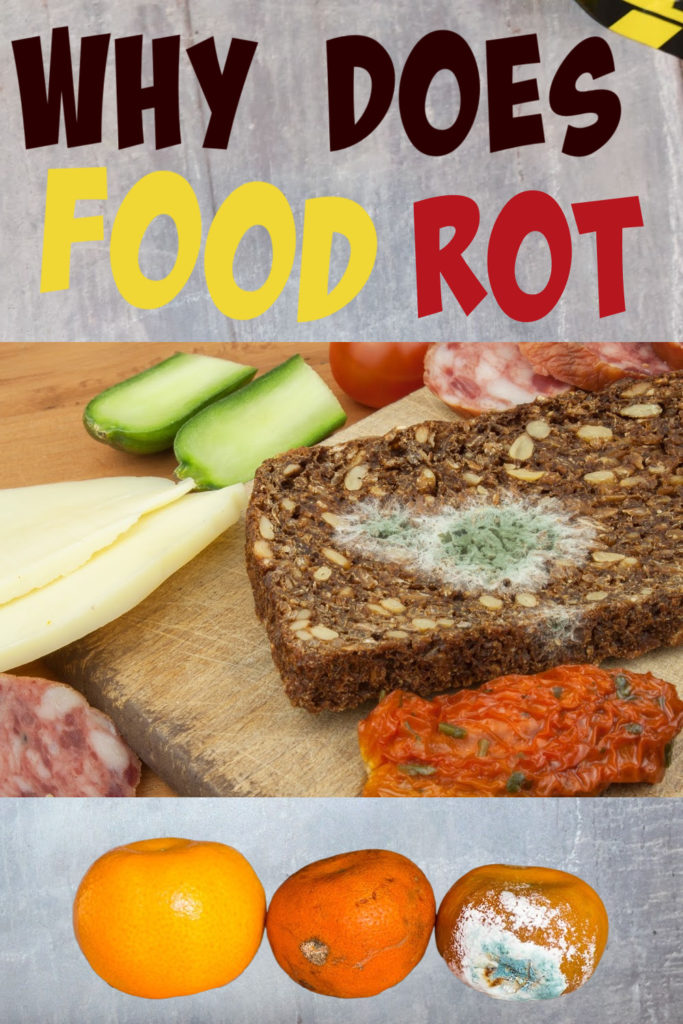
Last Updated on February 29, 2024 by Emma Vanstone
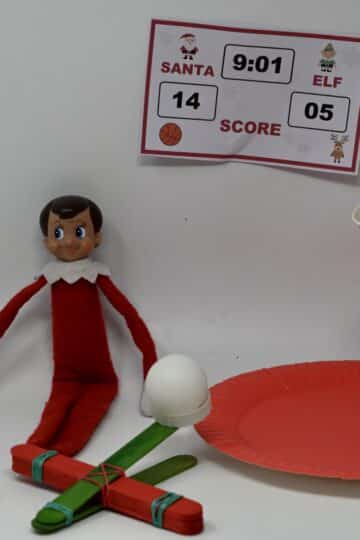


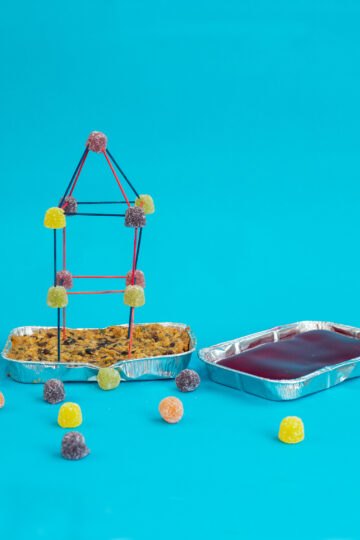
julie says
Another great experiment. Thank you so much.
ScienceSparks says
I'm so glad you like them!
HELEN says
ewwww, wouldnt have expected that with the lemon juice....the husband left an apple on the side in the kitchen when we went away for a week last August, considering the heat that our kitchen reaches (it's also a conservatory) I feared the worst......and was surprised that it looked exactly the same as when we left!
x
ScienceSparks says
I know weird hey!
Chrissy @ The Outlaw Mom Blog says
This reminds of the lyrics in the theme song for Sid the Science Kid 🙂 Cool idea. I'd have to make sure my son didn't eat the experiment - mold and all!
ScienceSparks says
sounds like my son. 🙂
Ali says
What a great experiment. Must try it.
maggy, red ted art says
HA! I like Ali's "Must try" comment above me.. though fascinating.. I am not sure I really want to try it... mouldy things.. yukky!
Thanks for sharing on Kids Get Crafty!
Maggy
ScienceSparks says
ha ha, that made me laugh Maggy!
Cerys @ Rainy Day Mum says
I remember doing a similar science experiment with bread in different conditions when in year 7 and then teaching the same experiment a umh number of years later - but this with apples would add a new spin on it.
Thank you for sharing with Tuesday Tots and look forward to seeing you again next week.
Ticia says
Ugh that lemon juice one is icky. I guess I'm still finding enough things like that by accident from forgetful kids that I"m not quite ready to try it 🙂
Larisa Garpstas says
I tried this and got opposite results. I set it up exactly like you said and showed in your pictures. My salt water apples were by far the WORST! And my lemon juice apples were the best. My science biology teacher friend explained that the acid in the lemon juice and vinegar prevents mold better. The salt pulled the sugary juice from the apple and bacteria (mold) formed on that.
skylee bailey says
This helped me so much with my science fair project thank you . You are a life saver.